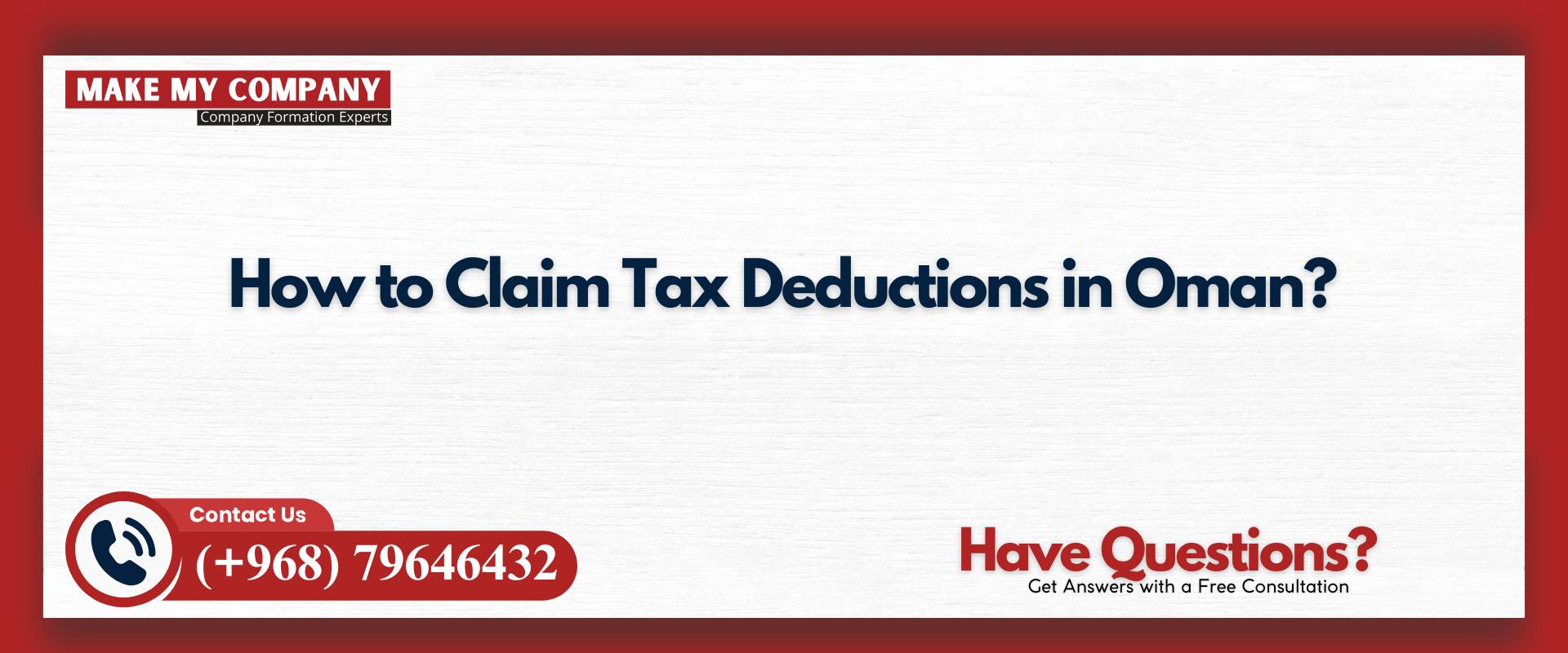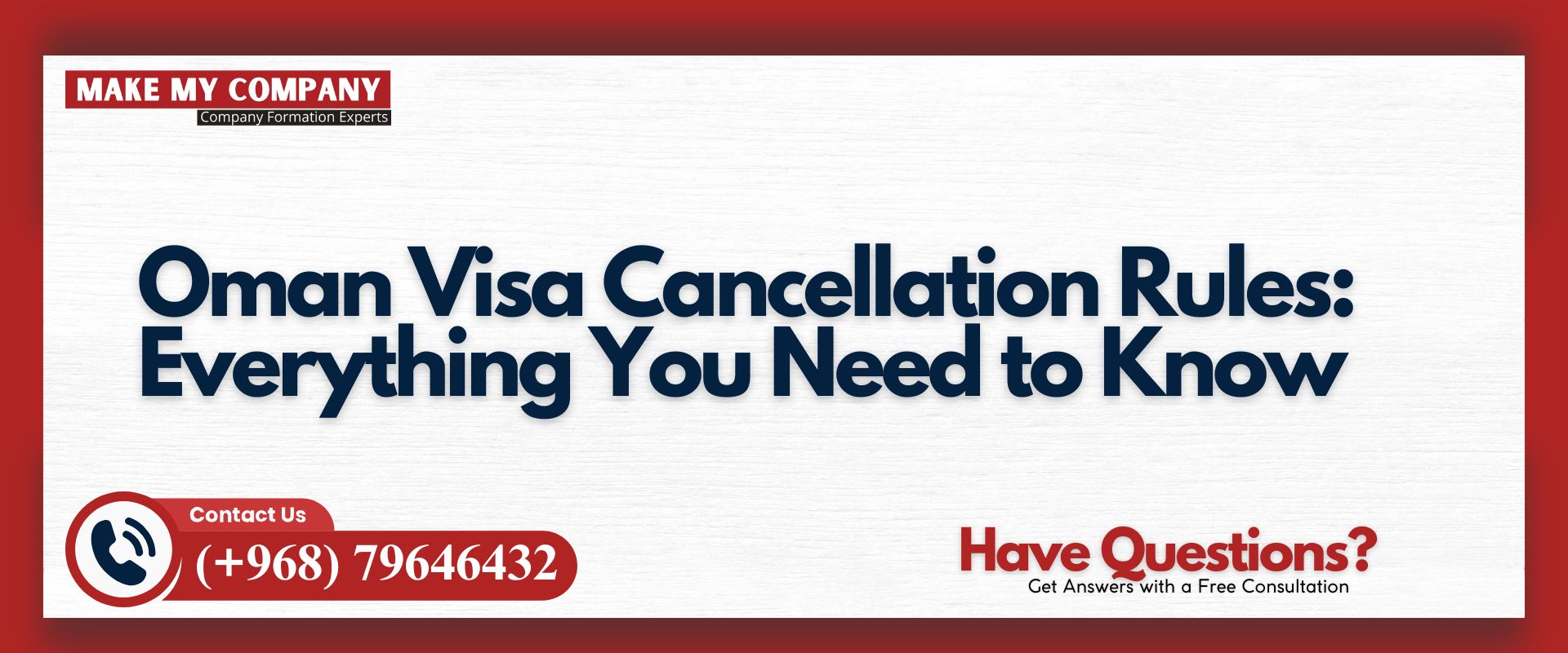Oman has become one of the most attractive destinations for businesses and individuals looking to minimize their tax burden. With the implementation of the Value Added Tax (VAT) and other tax regulations, it is important to understand how to claim tax deductions in Oman. This article will guide you step-by-step through the process, helping you ensure that you are claiming all available deductions in a timely and efficient manner.
What Are Tax Deductions in Oman?
Tax deductions in Oman refer to the expenses that can be subtracted from your taxable income, thereby lowering the amount of tax you owe to the government. These deductions can be related to various aspects such as business expenses, personal deductions, and contributions to retirement plans. For businesses, knowing which expenses are deductible can significantly reduce the financial burden.
Types of Tax Deductions in Oman
There are several types of tax deductions in Oman that you should be aware of. Whether you are an individual taxpayer or a business owner, these deductions can help lower your overall tax liability.
Business Expenses Deductions
If you are a business owner or self-employed, certain business-related expenses are deductible from your taxable income. These include:
- Salaries and wages paid to employees
- Rent and utilities for your business premises
- Office supplies and equipment
- Travel expenses for business trips
- Marketing and advertising costs
By accurately tracking and reporting these expenses, you can claim tax deductions in Oman that will reduce the taxable income of your business.
Personal Deductions
As an individual taxpayer, you are entitled to claim various personal tax deductions in Oman. These deductions can help reduce your personal tax liability and increase your refund. Some of the personal deductions include:
- Donations to registered charities
- Contributions to pension and social security schemes
- Education expenses for yourself or your dependents
These personal deductions play an important role in reducing the taxes you owe.
Depreciation Deductions
For businesses, claiming depreciation on capital assets is a critical part of tax deductions in Oman. Depreciation refers to the decline in value of your assets over time, such as machinery, equipment, and property. The government allows businesses to deduct the depreciation on these assets, reducing your overall taxable income.
Interest on Loans
Businesses that have taken loans for operations or investments may claim interest on those loans as a deductible expense. This is one of the most common tax deductions in Oman for businesses that rely on borrowed capital.
Steps to Claim Tax Deductions in Oman
Claiming tax deductions in Oman requires proper documentation and understanding of the processes. Here’s a step-by-step guide to help you through the process.
Step 1: Keep Detailed Records
The first step in claiming tax deductions in Oman is maintaining accurate records. Whether you’re a business owner or an individual taxpayer, it is essential to keep all receipts, invoices, and documents that can substantiate your expenses. Without proper documentation, it will be difficult to claim any deductions.
Step 2: Understand the Tax Laws
To claim the correct tax deductions in Oman, it is crucial to have a good understanding of the tax laws. Oman’s tax regulations can be complex, and it’s important to know which expenses are deductible and how to categorize them.
You can seek assistance from tax professionals or business setup companies in Oman who are well-versed in local tax laws.
Step 3: Fill Out Your Tax Return
Once you have all the necessary documents and a clear understanding of which deductions you can claim, you can proceed to file your tax return. You will need to complete the tax return form provided by the Oman Tax Authority.
Make sure to enter all deductible expenses in the appropriate sections of the form to reduce your taxable income. This is the key step in ensuring you get the maximum possible tax deductions in Oman.
Step 4: Submit Your Tax Return
After completing the form, submit it to the Oman Tax Authority. Ensure that all the necessary documents are attached, such as invoices, receipts, and bank statements, to support your claim for tax deductions in Oman.
Step 5: Stay Updated on Tax Reforms
Oman’s tax system is constantly evolving. It is important to stay informed about any changes in tax regulations to ensure that you are taking full advantage of available tax deductions in Oman. Regularly check for updates from the Oman Tax Authority or consult with professionals to stay ahead.
Common Mistakes to Avoid When Claiming Tax Deductions in Oman
Claiming tax deductions in Oman can be tricky, especially for first-time filers. To avoid costly mistakes, be mindful of the following common errors:
- Failing to Keep Proper Records: As mentioned earlier, proper documentation is essential. Without it, you won’t be able to claim tax deductions in Oman.
- Claiming Ineligible Deductions: Some expenses may seem deductible but are not eligible under Omani tax law. Always verify before claiming.
- Missing Deadlines: Ensure that you submit your tax return within the specified deadlines to avoid penalties.
- Not Seeking Professional Advice: The complexities of tax deductions in Oman can be overwhelming. Consulting a tax expert can help you avoid errors and maximize your deductions.
Tax Deductions in Oman for Expats
Expatriates working in Oman are also eligible for certain tax deductions in Oman. While Oman does not impose personal income tax on individuals, it is still important for expatriates to be aware of other possible deductions related to their employment and business activities in the country.
Expatriates who own a business or make donations to local charitable organizations can claim specific tax deductions in Oman. It is always advisable to consult with a tax expert familiar with Oman’s tax system for more personalized guidance.
Benefits of Claiming Tax Deductions in Oman
Claiming tax deductions in Oman offers several benefits for both businesses and individuals. By utilizing the full range of available deductions, taxpayers can:
- Reduce Taxable Income: This lowers the amount of taxes you are required to pay, ultimately saving you money.
- Increase Refunds: For those who have overpaid in taxes, claiming deductions can result in a refund.
- Boost Business Profits: For businesses, reducing tax liability means more funds are available to reinvest into the company, enhancing growth opportunities.
Conclusion
Understanding how to claim tax deductions in Oman is essential for anyone looking to minimize their tax liabilities and maximize their savings. Whether you’re an individual or a business owner, claiming eligible deductions is a smart way to reduce the amount of tax you owe. Keeping detailed records, understanding the tax laws, and seeking professional advice when necessary are key to making the most of the available deductions.
If you’re considering setting up a business in Oman, MAKE MY COMPANY, a leading business setup company in Oman, can guide you through the tax landscape and help you claim the best possible tax deductions in Oman. Our expertise ensures that you stay compliant with all tax regulations while maximizing your financial advantages.
Remember, understanding the rules and staying on top of tax filing deadlines is crucial. By claiming the right tax deductions in Oman, you can save money and invest in your future.









